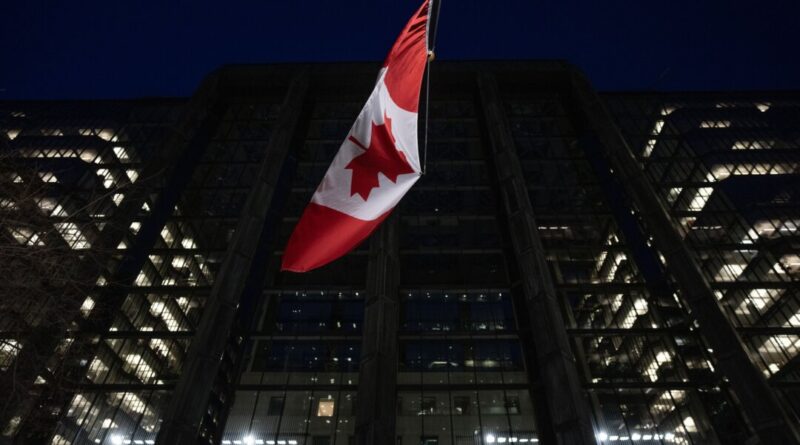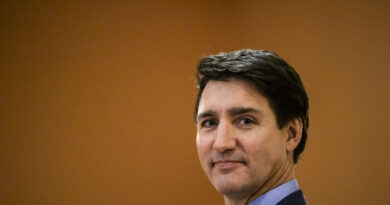Canadian Businesses Feeling Impact of Trump’s Tariff Threat, According to BoC Survey
Nearly a quarter of Canadian businesses anticipate an increase in costs with Donald Trump set to assume office today, as per a recent survey conducted by the Bank of Canada.
In December, the central bank surveyed over 900 business leaders, with the results of its “business leaders’ pulse” being released on Monday.
The survey revealed that 18 percent of these businesses expect prices to rise under the incoming U.S. administration, while 11 percent believe prices may decrease.
Overall, 40 percent of companies foresee a negative impact on their business due to the new U.S. administration, while a third stated it was too early to determine the effect.
The Bank of Canada also interviewed senior management at around 100 companies, but most responses were collected before Trump first threatened Canada with 25 percent tariffs. Trump’s rhetoric regarding the U.S. economic relationship with global trading partners was consistently highlighted throughout his election campaign.
Until November, Canadian firms anticipated sales growth to improve up to 2025, driven by the expectation of further interest rate cuts ahead.
The growth in sales expectations aligns with the Bank of Canada’s consumer expectation survey from the fourth quarter of 2024, indicating improving consumer sentiment based on the anticipation of further rate cuts.
Fewer consumers reported reduced spending or plans to decrease spending compared to the previous quarter.
However, consumers are still weighed down by high costs of goods and housing, along with economic uncertainty impacting their purchase decisions. This uncertainty has shifted from interest rate fluctuations and government policies to the new U.S. administration.
According to the survey summary, “consumers mentioned adjusting to factors influencing their purchase decisions by changing their shopping behavior” during follow-up interviews conducted between November 25 and December 3.
Furthermore, more consumers expressed concerns about potential job losses, with one respondent highlighting, “Job security is low because there are so many of us that can do the same job.”
Nevertheless, only 12 percent of businesses anticipate lower employment levels within their firms, close to historical averages. The percentage of firms expecting higher employment levels saw a slight increase to 45 percent.
Businesses project annual inflation to range between two to three percent over the next two years, with some noting that potential U.S. tariffs could impact their inflation outlook positively.





